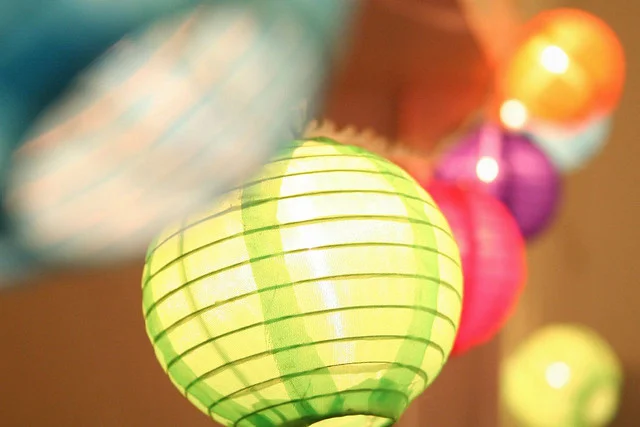I’m researching a short book about cataracts, in my “working writer” guise. I’m no scientist, but I’ve been reading technical papers to pull out details of the quite amazing world packed into the lens of the eye. The task, I admit, is daunting at times.
Simply getting oriented among the crystallin proteins and the clear, six-sided strands they form can feel a little like traveling into an Italo Calvino landscape of incomprehensible architecture and half-understood words. The going is slow.
Once, I might’ve grumbled about having to spend so much time away from the poems I’ve just begun, the project I hope to build over the next dozen months. I was in the habit of seeing my day jobs—and their demand that I focus on subjects I may not be naturally drawn to—as a distraction, some kind of barrier that stood between me and my real work. But I’ve come to appreciate just how much my writing has gained from my immersion in unlikely worlds, and topics or environments that chafe.
Like everyone I know, I’ve done a lot of things to pay the rent. I’ve dispatched construction inspectors, worked to master the counter-clockwise (or was it clockwise?) swirl atop a Dairy Queen cone, fed SpaghettiOs to the kids left behind by a motorcycle gang, written about bad mothers, hauled hoses and painted houses, edited reports on electromagnetic metrology, and wrangled the minutiae of stories on runway fashion and baseball.
'Soul-killing'? Maybe. But maybe not.
I’m sure I described that work as “soul-killing” more than once at the end of a day when someone yelled, something went wrong, my body ached or I just couldn’t get my mind around the task at hand.
The longing I felt through it all was for a writer’s life that was insulated from demands that I pay attention to all those details that I might not have cared about if someone weren’t paying me. And even when the work was good and interesting and rewarding, I had the lingering sense that I’d been abducted from my real home in some alternate universe, where I could spend my days writing, filling my brain with the names of birds and reading mythology in the original Greek. Instead of scraping the peeling paint off splintery window frames or staring into a computer screen for the 10th hour of a workday, trying to find something interesting to say about face cream.
The exotic, embedded in the ordinary
Increasingly, though, I’ve begun to marvel at what’s right in front of me, the personalities and stories and vocabularies that my working life funnels into my writer’s brain. Today, I looked up the term “cytosolic scaffold,” and my mind rolled the syllables around, then conjured up a clear, liquid ladder, an icon from a dream. The bureaucratic language of corporate memos, the mortise and tenon connections of furniture-building, the haiku sales pitches of shopping websites—extracted from the sea of the workday they’re like household objects set in museum vitrines: exotic, strange, even beautiful. I've begun to see it.
So much flows through a workday, begging to be noticed by the part of us that writes—and used for our own writing. When I can dial down the feeling of “I should be writing a poem right now” and instead allow my workdays to feed my writing, I find myself resenting much less—and pausing to take notes. It used to be that I felt invaded by ideas about the work I do for others. Lately, though, I’ve seen that what was popping up offered images and language and themes for my own work. I just didn’t understand that the gift was for me.
What if our trickster brains are always flying through our workdays and stealing treasures for our writing? Life begins to feel much less fragmented, at least for me, and less conflicted, too. On long workdays, I’m keeping a notebook and a computer file open to see what the trickster brings.
Photo by Edward Dalmulder via Flickr
P.S. Some 'don't-miss' reading for you
A great piece on habits: I've long wanted to write at length about habits, in particular the enticing, life-changing simplicity of "tiny habits"—exceedingly small actions that can form a powerful foundation for much larger change. I've tried and been impressed by the techniques developed by a Stanford researcher named B.J. Fogg, who cheerfully encourages people to "Keep it tiny!" as they commit to, say, flossing one tooth.
Tiny habits and micro-quotas work in a way that grand resolutions never could. And because now is a great time to see for yourself, I highly recommend taking a look at this article, which explains just how habit-formation works. You'll quickly see how it could change your writing life for the better, and get the lowdown on how B.J. Fogg and others lay out the behavioral science.
It's the piece I'd envisioned putting together someday, and I'm delighted that Gregory Ciotti at sparringmind.com did it.





